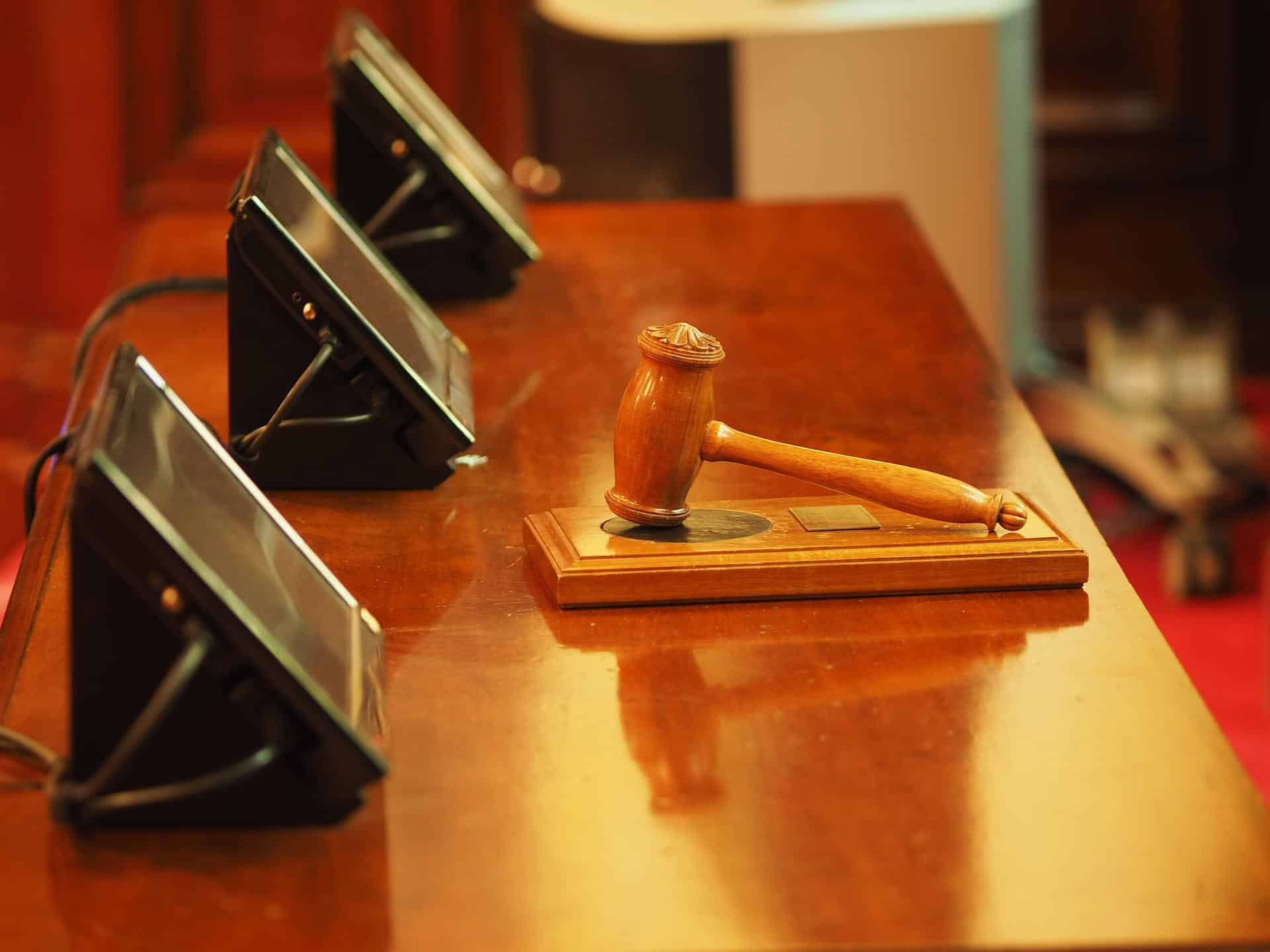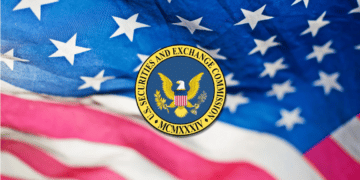United Texas Bank CEO, Scott Beck, wants to limit issuance of US dollar-backed stablecoins, as he urged the members of the state’s blockchain working group to adopt regulations that would leave stablecoins to banks, and not crypto companies.
United Texas Bank CEO Wants To Limit Issuance Of US Dollar-Backed Stablecoins
Beck proposed restricting the issuing of US dollar-backed stablecoins to licensed banks rather than issuers like Circle at the Texas Work Group on Blockchain Matters on Friday in Austin. According to the CEO of United Texas Bank, a November report from the President’s Working Group on Financial Markets stated that stablecoin issuers should be subject to the same requirements as insured depository institutions such as state and federally regulated banks.
“If such stablecoins are defined to be ‘money’, banks are the proper economic actor to issue and manage stablecoins,” said Beck. “Banks have the expertise and legal framework for handling money, and unlike today’s stablecoin actors, banks are highly regulated at both the state and federal level.”
He further stated:
“Bringing stablecoin activities into the banking sector and prohibiting non-banks from issuing stablecoins will enhance consumer protection and attract additional resources and capital to this emerging area of economic activity.”
Query Answers And Criticism
In answer to a query from working group member and MoneyGram general counsel Robert Villaseor, Beck argued that stablecoin issuers such as Circle were keeping assets at “other institutions” rather than banks, thereby draining deposits out of the banking system.
He went on to say that some stablecoins were especially sensitive to runs, which may damage the economy if the market reached a certain size, and that leaving the issuance to banks guaranteed “Know Your Customer” requirements were followed.
Beck’s plan was criticized as “anti-competitive” by Lee Bratcher, president of the Texas Blockchain Council, who was present at the hearing.
The bank CEO argued that one of the significant differences between licensed banks and private entities producing stablecoins is that the cash underlying the tokens for the former would stay “sitting at the Fed,” guaranteeing the assets were FDIC guaranteed.
Circle’s USDC stablecoin is said to be 100% backed by cash or cash equivalents like as bank deposits, Treasury bills, or commercial paper. The stablecoin issuer stated in March that banking firm BNY Mellon will be in charge of custodying its USDC reserves — at the time of writing, more than 52 billion coins were in circulation.
Check out today’s news.
DC Forecasts is a leader in many crypto news categories, striving for the highest journalistic standards and abiding by a strict set of editorial policies. If you are interested to offer your expertise or contribute to our news website, feel free to contact us at editor@dcforecasts.com
























Discussion about this post